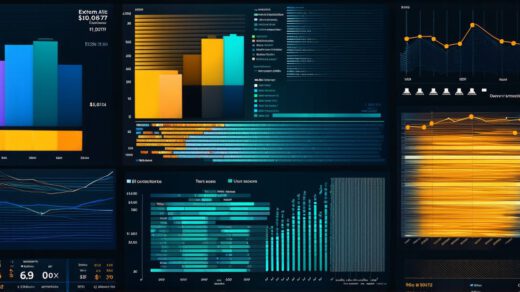Crypto mining has become increasingly popular in recent years as a way to earn cryptocurrencies like Bitcoin. However, it is important to understand whether crypto mining is legal in your jurisdiction before getting started. In this article, we will explore the legality of crypto mining around the world.
Regulation of Crypto Mining
The regulation of crypto mining varies from country to country. Some countries have outright banned it, while others have embraced it and even established specific regulations to govern it.

In China, for example, the government has cracked down on crypto mining in recent years, labeling it an illegal activity. Miners who continue to operate face fines and imprisonment. This is because the Chinese government views cryptocurrencies as a form of speculation rather than a legitimate currency.
On the other hand, in countries like the United States, crypto mining is generally legal. However, miners must comply with federal regulations, including anti-money laundering (AML) laws and tax regulations. In addition, some states have imposed their own regulations on crypto mining, such as requiring permits or licensing fees.
Legality of Crypto Mining in Europe
In Europe, the legality of crypto mining varies by country. Some countries, like Germany and France, have embraced it and established specific regulations to govern it. In these countries, miners must obtain licenses from regulatory bodies and comply with tax laws.
Other countries, like Switzerland and Estonia, have also legalized crypto mining but have different regulations in place. In Switzerland, for example, miners do not need a license to operate, but they must comply with tax laws. In Estonia, miners can obtain a license from the Financial Supervision Authority (FSA) to operate legally.
Legality of Crypto Mining in South America
South America has also legalized crypto mining in some countries, while others have banned it outright. In Argentina, for example, cryptocurrencies are legal tender and miners can operate without a license. However, they must comply with tax laws and anti-money laundering regulations.
In Brazil, on the other hand, crypto mining is illegal. The country’s central bank has issued warnings to investors about the risks associated with cryptocurrencies and has even threatened to imprison those who continue to operate in the country.
Summary
The legality of crypto mining varies by jurisdiction around the world. While it is legal in some countries, others have banned it outright. Miners must always be aware of the regulations in their specific country and comply with all applicable laws and regulations. As with any investment, there are risks involved in crypto mining, so it is important to do your research before getting started.



